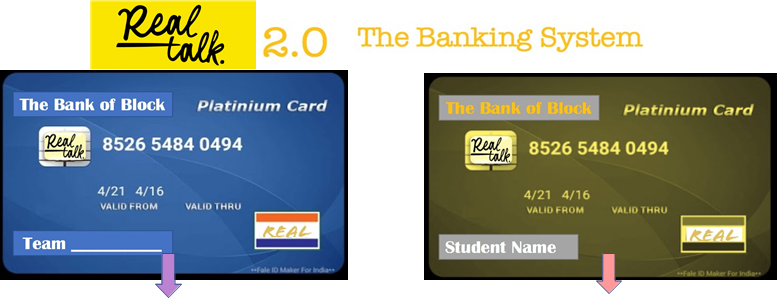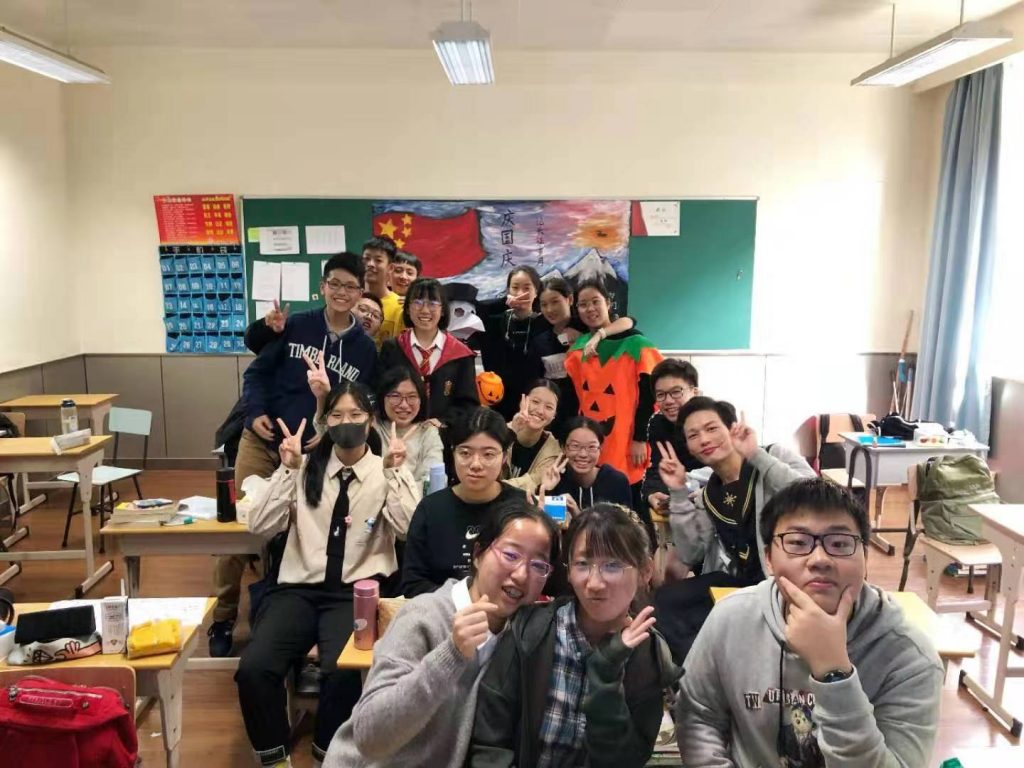Real Talk is one of the traditions of our school because it has been happening at Nanmo for five years. The purpose of Real Talk is to encourage students to practice speaking English during weekdays so that they can build up the necessary skills for their future university studies. When I was in grade ten, all high school students were divided into different groups based on Canadian places and cultural representations, such as Okanagan and Seabird Island. I was fortunate to meet senior students who patiently explained the rules of Real Talk to me until I finally understood these principles. Later, Ms. Fortin, team Onondaga’s advisor, motivated every group member to introduce themselves in a talking circle, so that we could understand each other better. It was the first time for me to speak English in front of people I didn’t know, which made me embarrassed for a short while. However, senior students greeted my incoherent self-introduction with warm smiles, so I became more confident about my immature English speaking skills. I shouted with satisfaction when I earned a bonus card from BC teachers for speaking wonderful English. One month, I laughed when our team had to sing “Counting Cards” (remix of “Counting Stars”) at our school assembly as “punishment” for speaking the most “fluent” that month. I wept when, at the end of the school year, I had to say goodbye to Team Onondaga.

Now, Real Talk 2.0 has started and it relies on an app called Class Dojo instead of cards to calculate the total scores of different homerooms, which saves the coordinators of the program a lot of time. Class Dojo is an app that portraits each student as a funny cartoon character and enables teachers to easily edit scores from individual students based on the rules of Real Talk 2.0.

When a student’s behaviour exceeds a teacher’s expectations, he/she may consider giving out a bonus card. However, it is obvious that speaking Chinese during regulated English-speaking time will result in a “minus one”. Based on the overall performance of homerooms and individuals, some classes or students will either receive gifts or “punishments” from teachers. Gifts include coffee from Starbucks, bubble tea, hamburgers, and recognition of effort from BC teachers. On the other hand, “friendly punishments” include apologizing in front of the class, hand-writing an apology to the principal, or something else requiring us to practise our English skills. Students can also see their class updates and individual scores online. As a result, we can know how every classmate is doing during English speaking times. Although I miss the tangible bonus cards and the combinations of students from different homerooms, I still think it will be more convenient for both teachers and students to experience Real Talk 2.0 at Nanmo.

by Mark Ma

